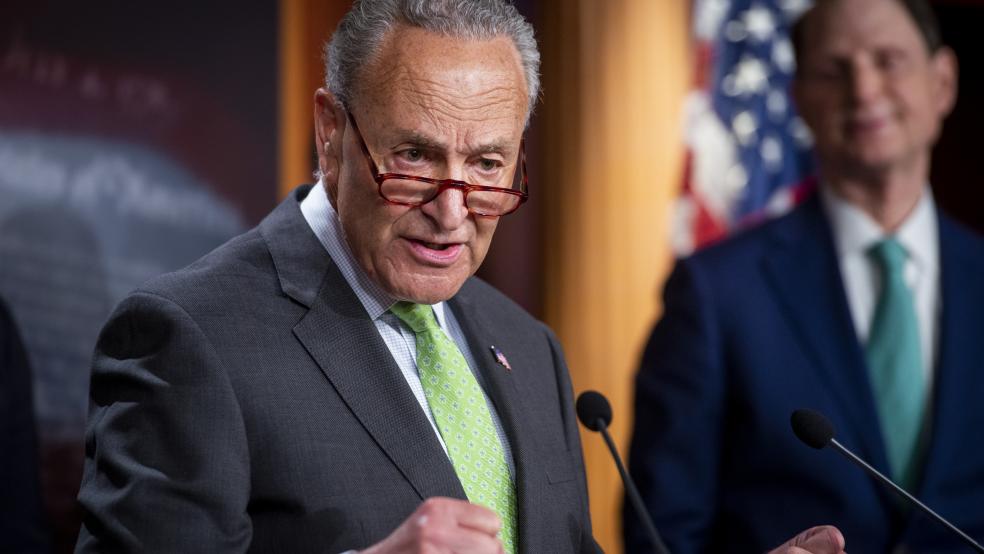The Senate on Thursday passed a stopgap funding bill that will keep the government open until December 16, taking a major step to avoid a shutdown less than 36 hours before a midnight Friday deadline.
The Senate vote was 72-25, with all 50 Democrats voting yes, along with 22 Republicans. All 25 no votes were from the Republican side of the aisle.
The vote was able to move forward after Sen. Dan Sullivan (R-AK) dropped his hold on the bill. Sullivan had demanded that the Biden administration provide additional emergency funding for parts of Alaska that were damaged by Typhoon Merbok last week. Sullivan said he wanted his state to receive the same treatment as Puerto Rico following Hurricane Fiona, with the Federal Emergency Management Agency covering 100% of the cost of disaster relief. The White House agreed to his request.
The House is expected to approve the bill as soon as Thursday night despite opposition from Republicans. “We’re not going to shut the government down,” House Appropriations Chairwoman Rosa DeLauro (D-CT) said late Wednesday.
The bill, known as a continuing resolution, will maintain government funding at current levels, while providing lawmakers with roughly 10 more weeks to hammer out an agreement on spending levels for the rest of the 2023 fiscal year, which starts on Saturday. Congress has failed to pass any of the 12 annual spending bills for the new fiscal year, though the House did manage to pass six of them.
The stopgap funding package includes more than $12 billion in additional military and financial aid for Ukraine, $4.5 billion for natural disaster relief and $1 billion to help low-income households cover heating costs this winter. The bill also reauthorizes a user fee that partially funds the Food and Drug Administration.
The continuing resolution is notable for what it does not include. About $27 billion that the White House wanted for the ongoing response to Covid-19 and monkeypox was dropped from the package due to Republican opposition, and a measure backed by Sen. Joe Manchin (D-WV) that would have streamlined the permitting process for energy infrastructure projects was withdrawn after most Republicans and some liberal Democrats made it clear they would not support it.




